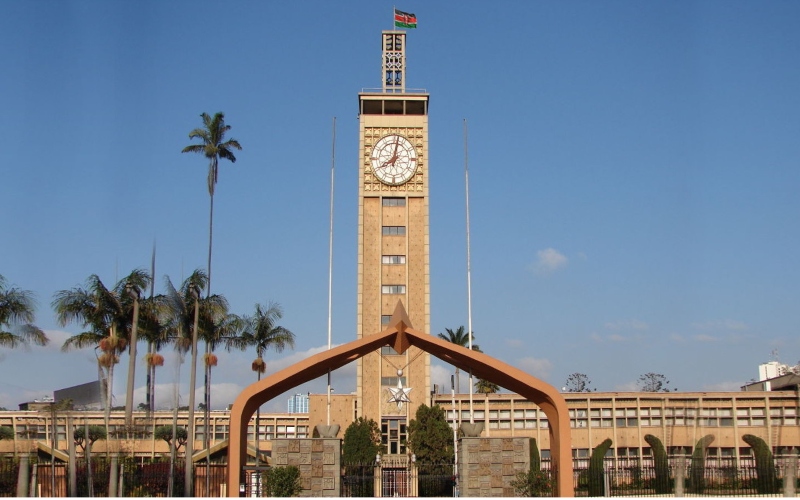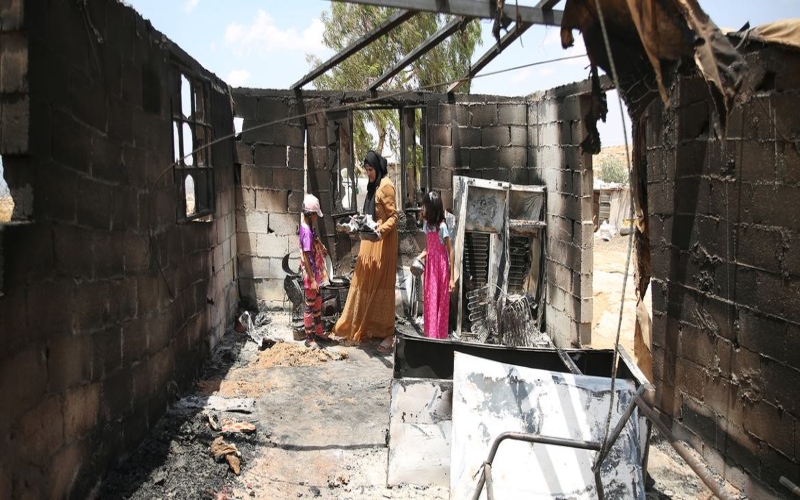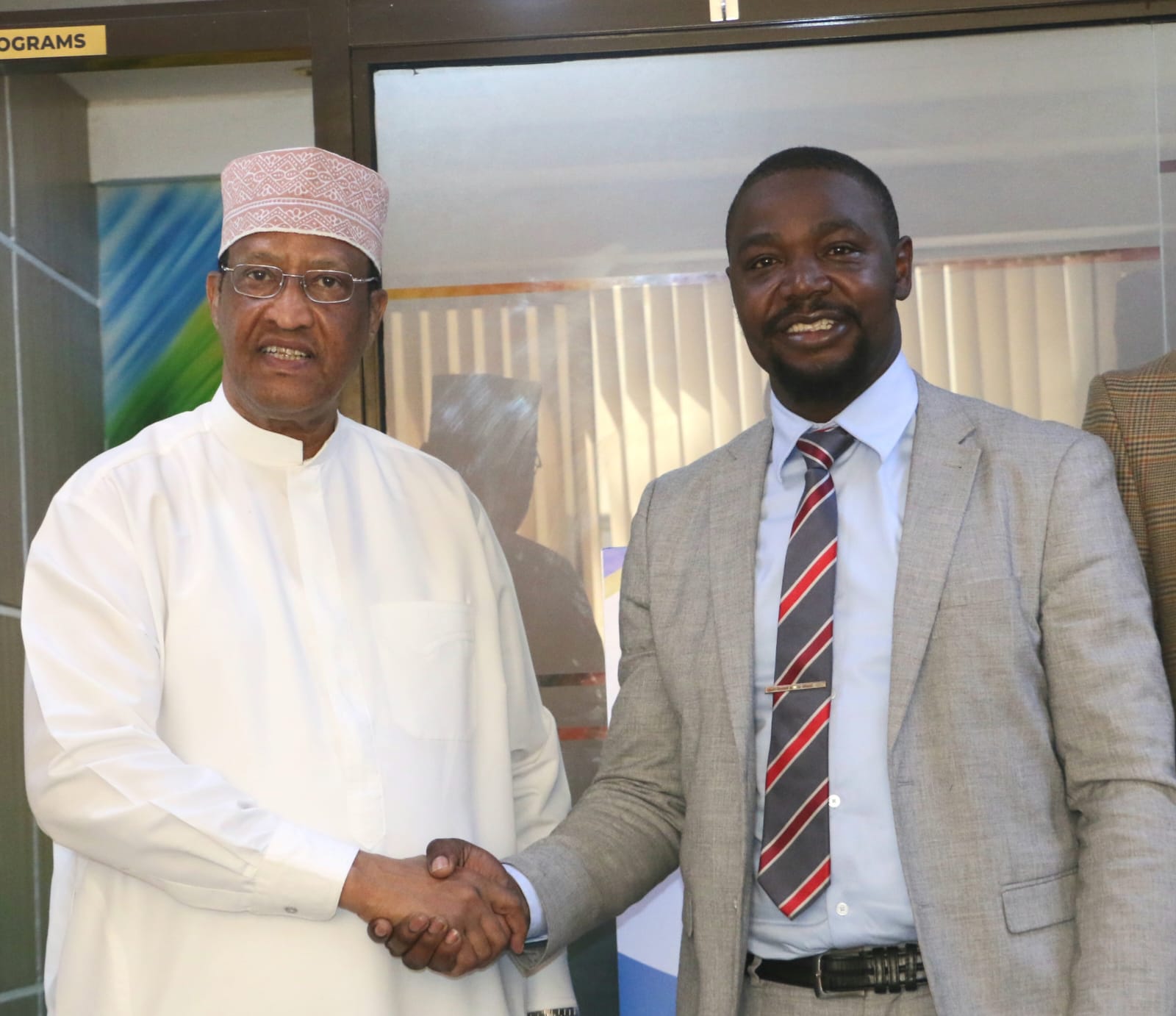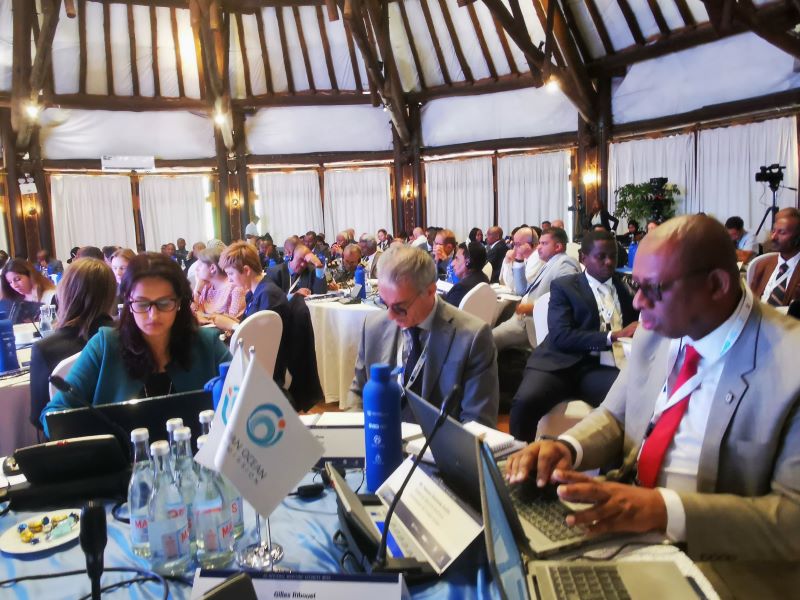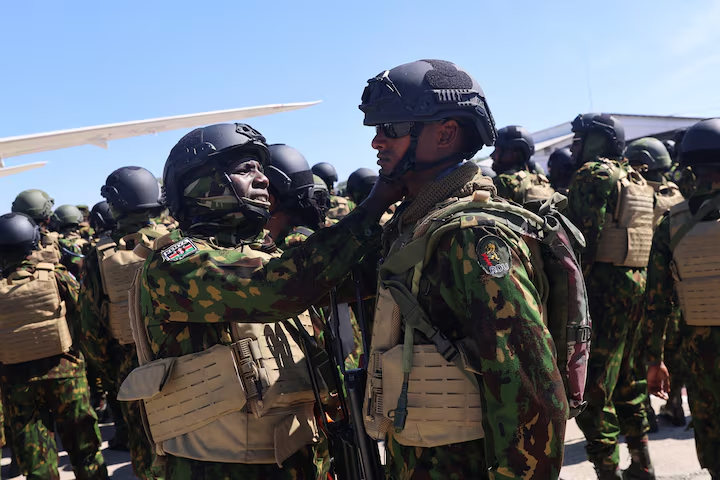Political leaders put on notice over hate speech, reckless utterances

The NCIC emphasised that such remarks verge on incitement and are akin to calls for conflict.
The National Cohesion and Integration Commission (NCIC) has issued a warning over the rise of reckless political utterances and inflammatory rhetoric, stating that such conduct threatens Kenya’s peace and social cohesion.
Addressing the media on Thursday, the Commission said it has noted with concern a surge in hate speech and ethnic contempt in public rallies and on social media.
More To Read
- DPP calls for stronger inter-agency action on hate speech and incitement cases
- Gachagua, governors, and MPs under probe by NCIC for inflammatory statements
- Salasya hate speech case to proceed after NCIC mediation collapses
- NCIC dismisses disbandment reports, affirms full operations
- Interior CS Murkomen announces panel to recruit NCIC chair, warns of rising hate speech
- Senate flags surge in hate speech ahead of 2027 polls
The NCIC emphasised that such remarks verge on incitement and are akin to calls for conflict.
“We demand an immediate return to order and decorum. These reckless utterances have absolutely no place in Kenya. We shall not stand by and let this poison the fragile fabric of our nation’s peace and cohesion,” the Commission said.
Highlighting Kenya’s diversity—with over 45 ethnic groups—the NCIC highlighted the need for unity and respect for the Constitution. While Article 33 of the 2010 Constitution guarantees freedom of expression, the Commission said it also prohibits incitement to violence, hate speech, and ethnic discrimination.
The Commission reiterated that every Kenyan has the responsibility to respect the rights and reputation of others.
The Commission has urged all Kenyans, particularly political leaders, to prioritise tolerance and unity, warning that divisive rhetoric, such as "us versus them" narratives, must stop immediately.
“What has taken over six decades to build can be destroyed in a matter of days. We must prioritise unity and ensure that divisive rhetoric has no place in our society,” the NCIC said.
The NCIC also supported President William Ruto’s call to end abductions and forced disappearances, noting that the erosion of social and moral values has led to an increase in violent crimes, particularly against women, youth, and the elderly.
The Commission further called on religious leaders to exercise decorum, citing the critical role they play in fostering societal harmony.
Criminal gangs
Additionally, the NCIC raised concerns about the resurgence of organised criminal gangs, particularly in counties such as Nairobi, Mombasa, Kisumu, Nakuru, and Kiambu.
It noted that these groups have been linked to extortion, armed robberies, and violent attacks, disrupting communities and threatening public safety.
According to NCIC, the gangs, which often recruit educated but unemployed youth, are also involved in cybercrime, drug trafficking, and smuggling, further destabilising the affected regions.
The Commission warned that the growing sophistication of these gangs poses a serious risk to Kenya’s stability.
“If allowed to take root, these gangs will be incredibly difficult to dismantle, endangering the nation’s stability. It is imperative that we nip this problem in the bud,” the NCIC said, cautioning against a scenario where organised crime could lead to state capture, as seen in other parts of the world.
To address these challenges, the NCIC noted that it is conducting an in-depth study of organised criminal gangs and their impact on social cohesion.
Using the Transgenerational Conversations Framework, the research aims to address emerging issues threatening Kenya’s peaceful coexistence and to safeguard the country’s moral, social, and political integrity.
The Commission reiterated its commitment to fostering national identity, unity, and values, emphasising that safeguarding Kenya’s peace and cohesion is a shared responsibility.
“We are one people, one nation, sharing a common destiny. Together, we can safeguard our harmonious coexistence. God bless Kenya,” the Commission said.
Top Stories Today


